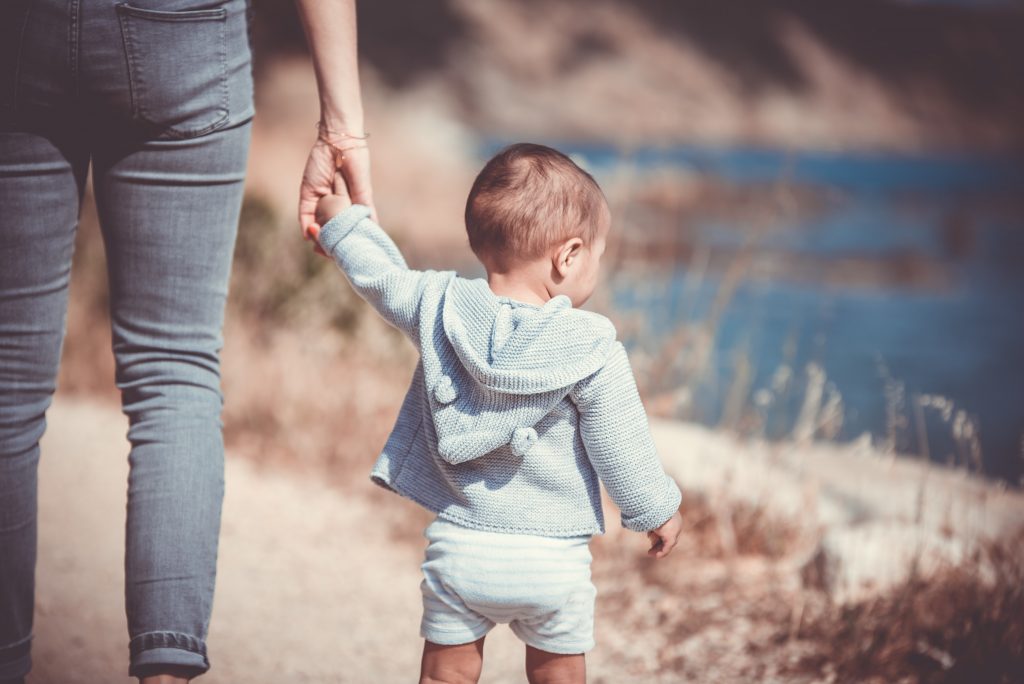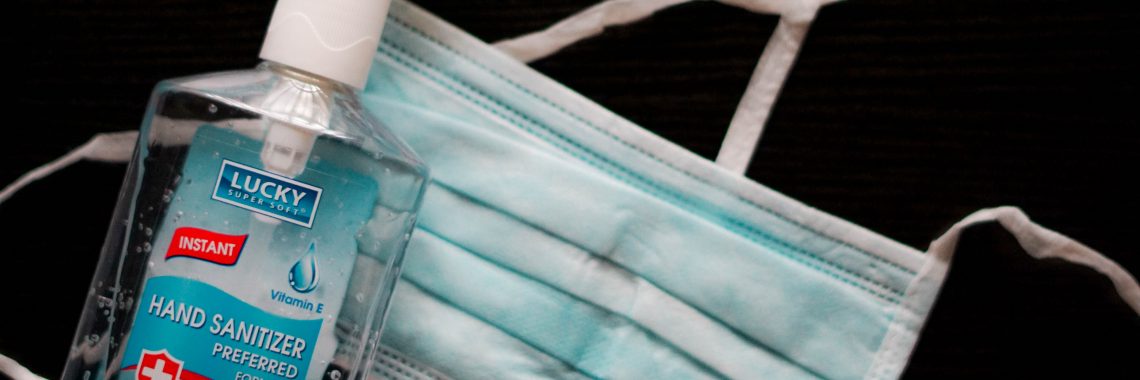Another State Legalizes Commercial Surrogacy

Last Month New York lawmakers reportedly legalized the controversial practice of commercial surrogacy.
The legislation was tacked onto a budget measure that passed amid the COVID-19 pandemic.
Commercial surrogacy is a practice where companies and wealthy couples pay women thousands of dollars to carry children.
There are several ethical problems with commercial surrogacy and egg harvesting. Here are a few:
- Selling Children. Commercial surrogacy treats babies like products and ultimately amounts to buying and selling children for profit.
- Unethical Treatment of Women. Commercial surrogacy and egg harvesting programs treat women like commodities.
- Exploitation of Women and Children. Commercial surrogacy makes it possible to exploit women and children, which is one reason why the practice is banned in many countries and why the European Union has condemned it as a human rights violation.
Commercial surrogacy and egg harvesting also carry a number of health risks for women.
Unfortunately, Arkansas law currently allows commercial surrogacy and commercial egg harvesting.
That’s why Family Council has supported legislation in the past that would have addressed these issues.
H.B. 1761 of 2019 would have regulated the buying and selling of human eggs. It would have prohibited companies from paying women for their eggs, but it contained exceptions for free egg donations and for fertility treatments.
The bill passed in the Arkansas House, but unfortunately failed to make it through the senate before the session adjourned.
In 2017 then-Rep. Greg Leding sponsored a bill prohibiting commercial surrogacy in Arkansas; unfortunately the bill never came up for a vote before the legislature adjourned.
Being pro-life means believing that human life is sacred from conception until natural death.
It means treating human life with respect at every stage of development.
It also means recognizing that human beings are not products that can be bought or sold.
In this way, commercial surrogacy violates the sanctity and dignity of human life.




